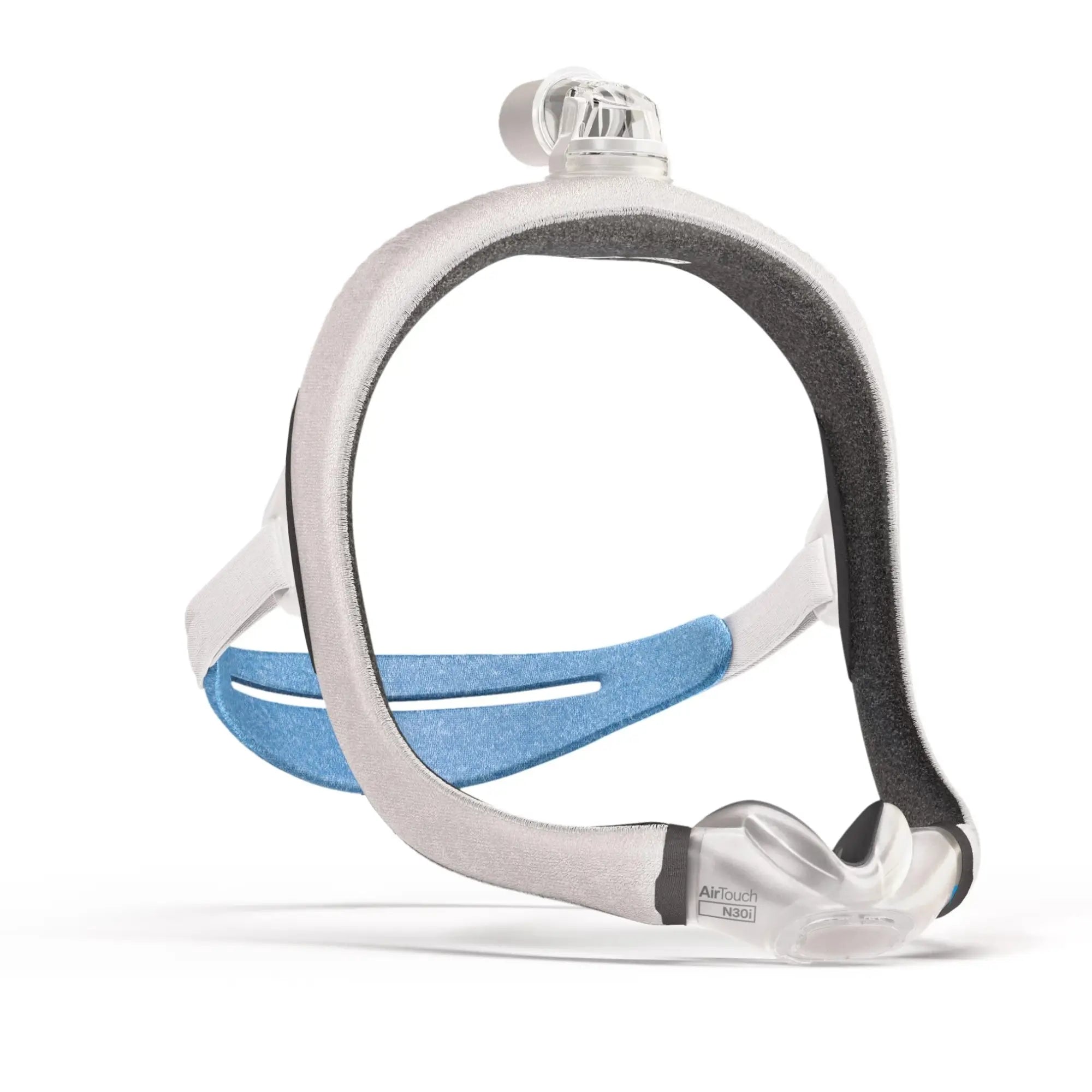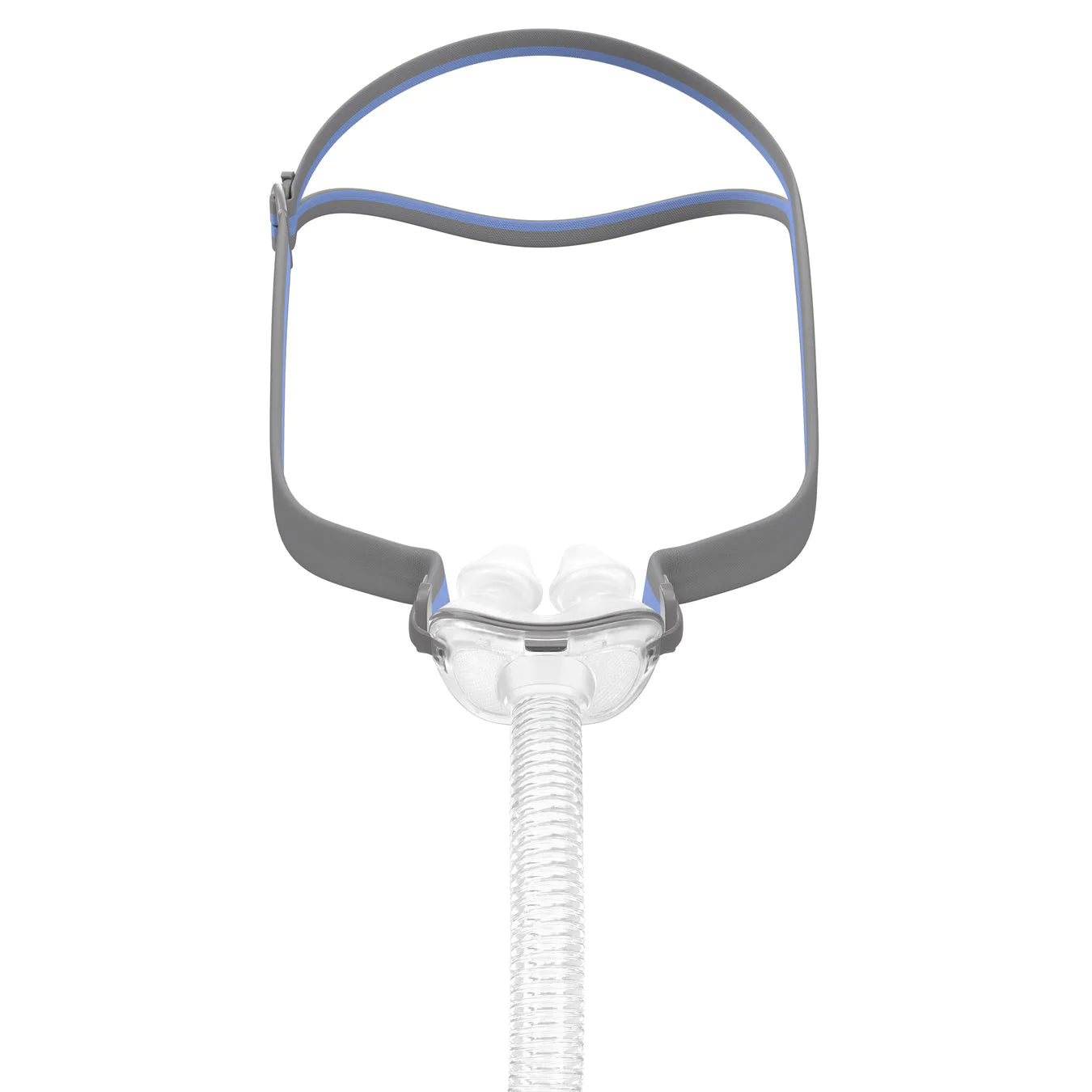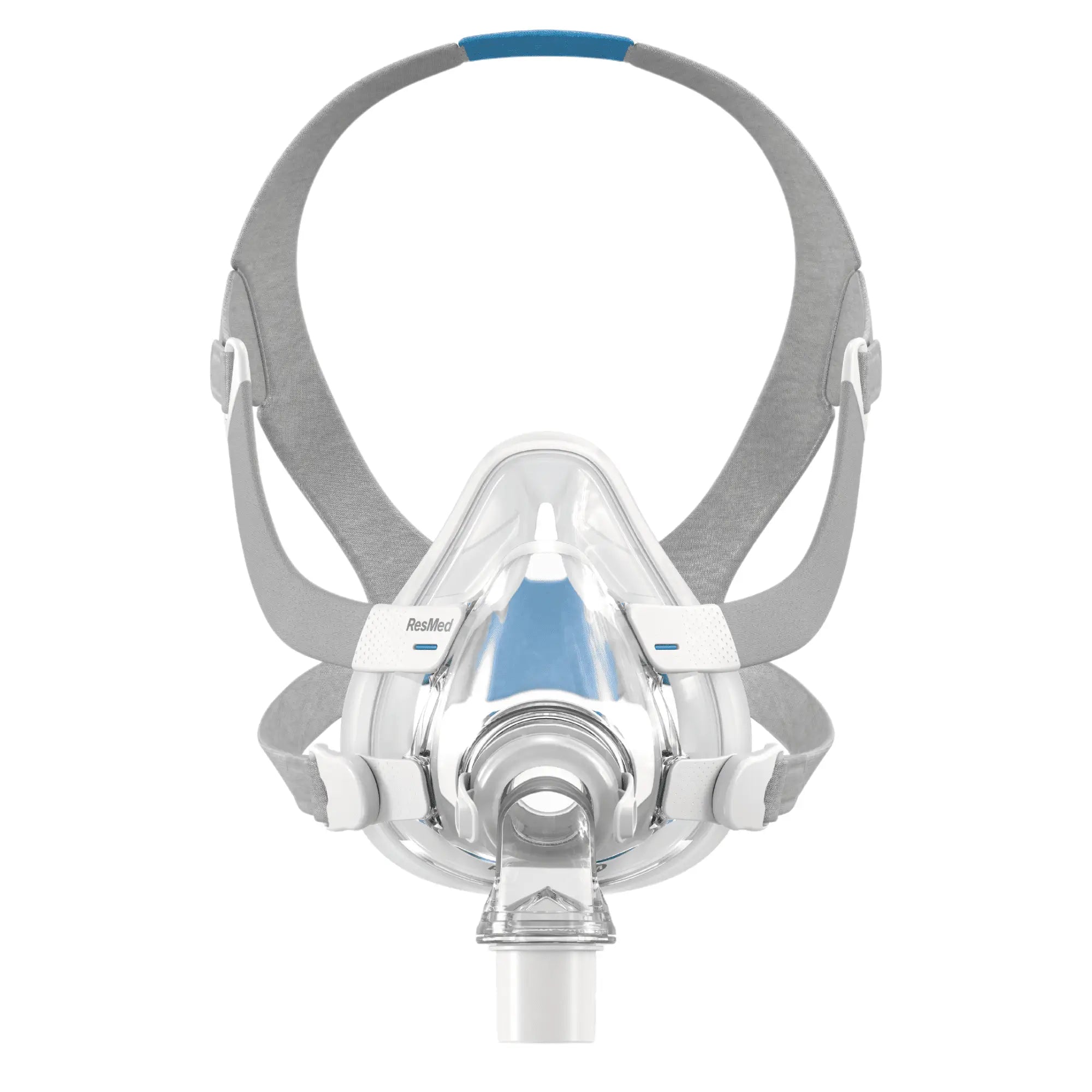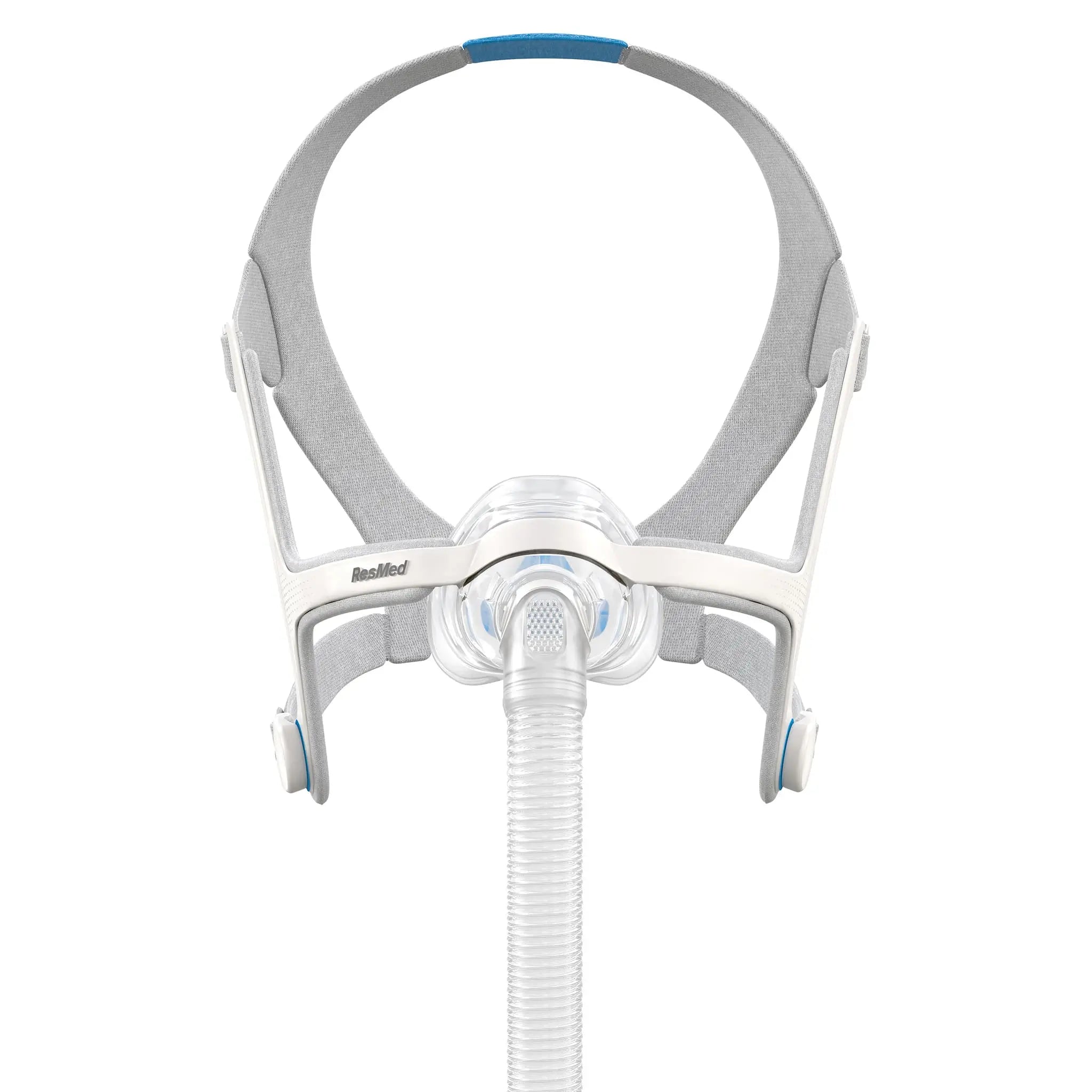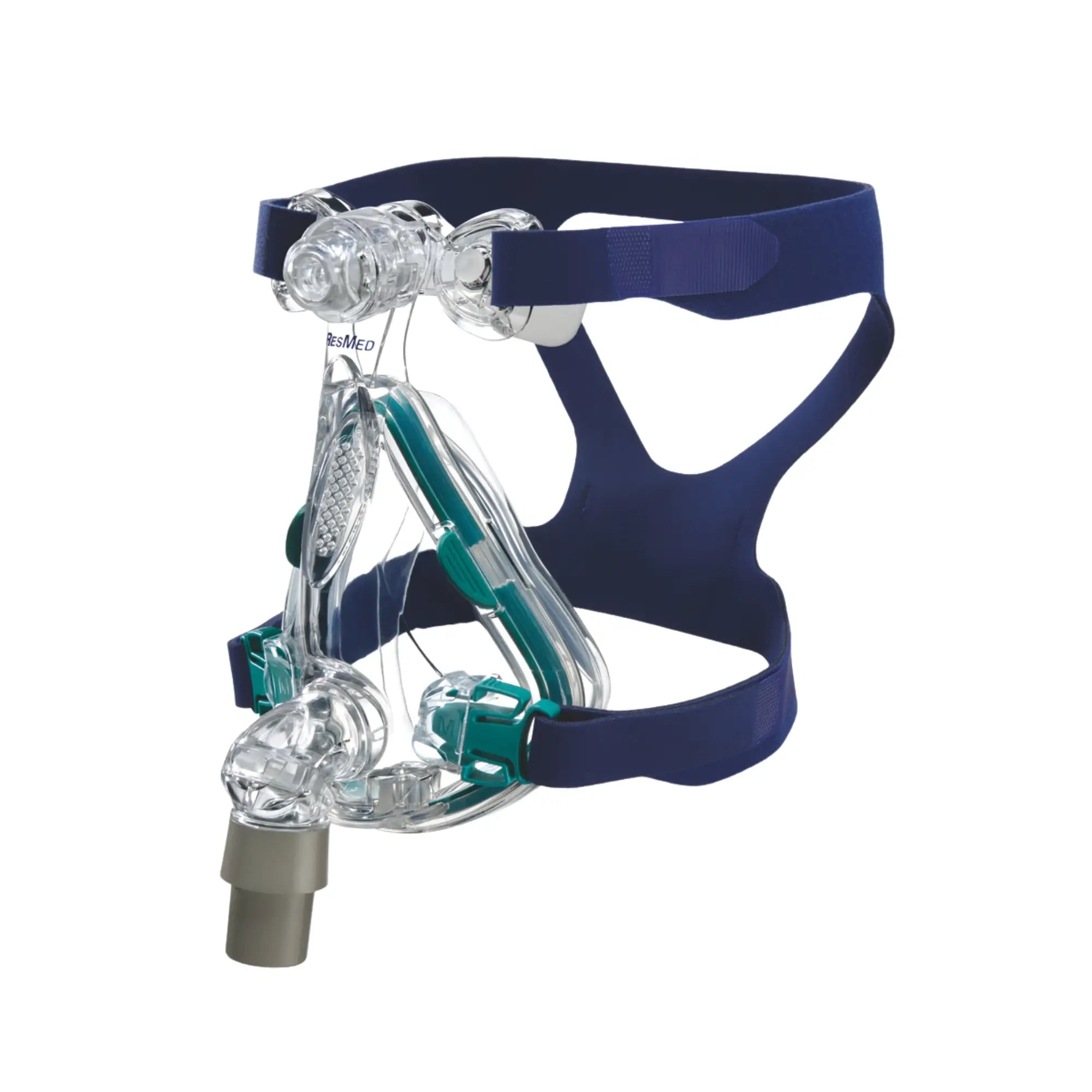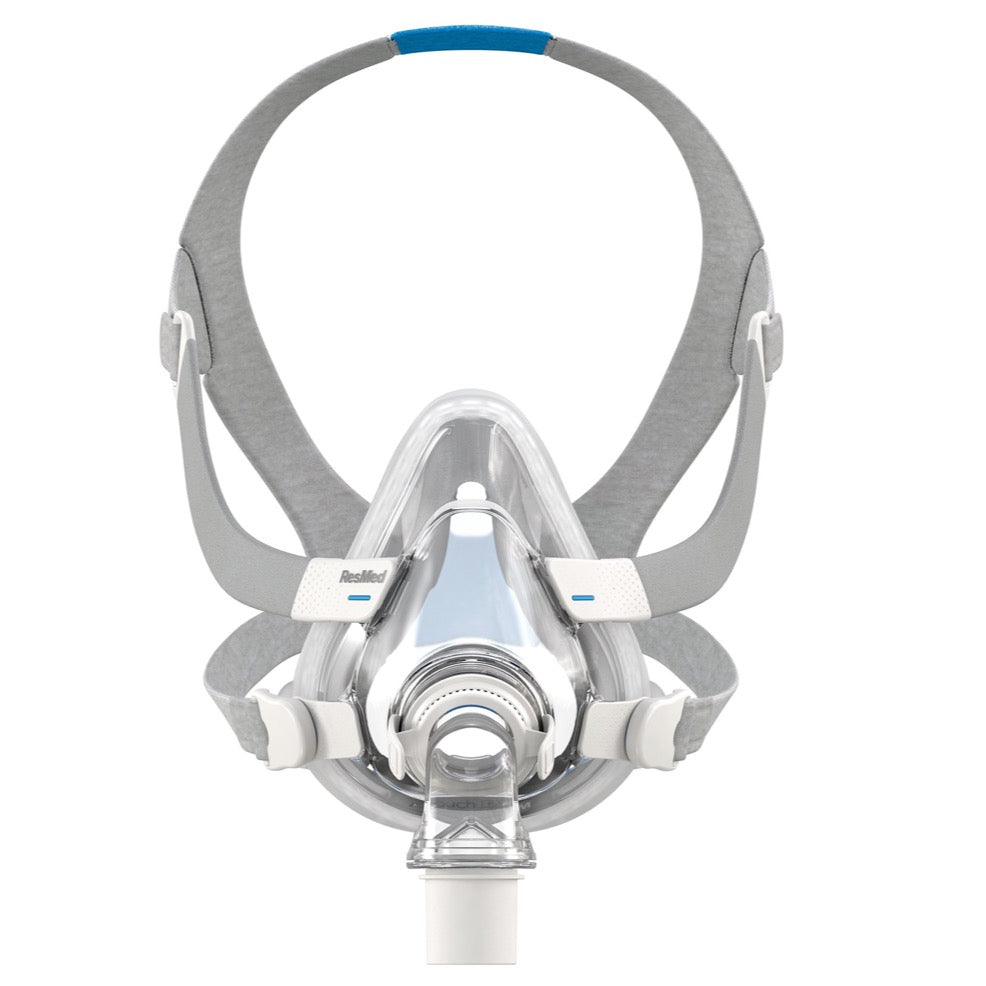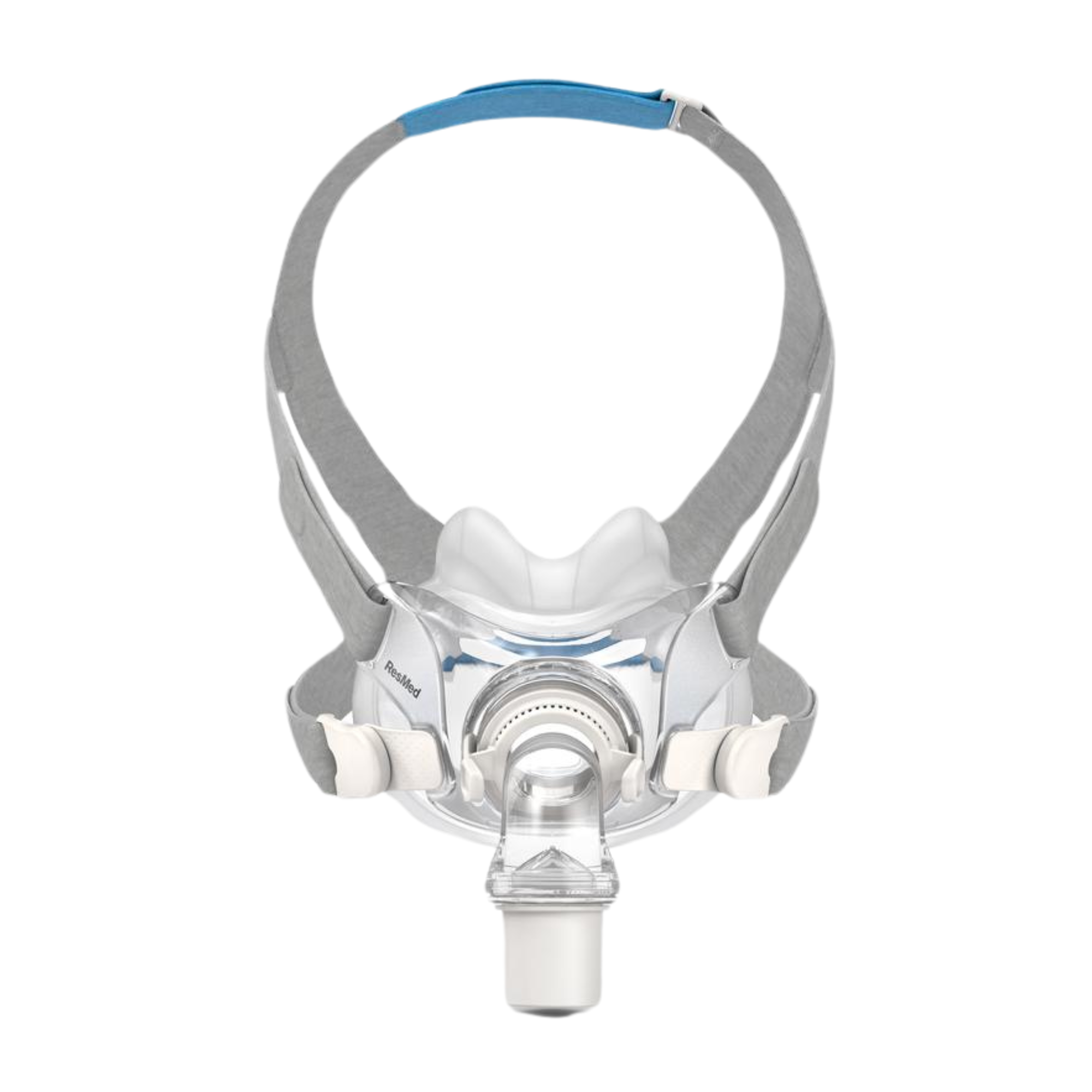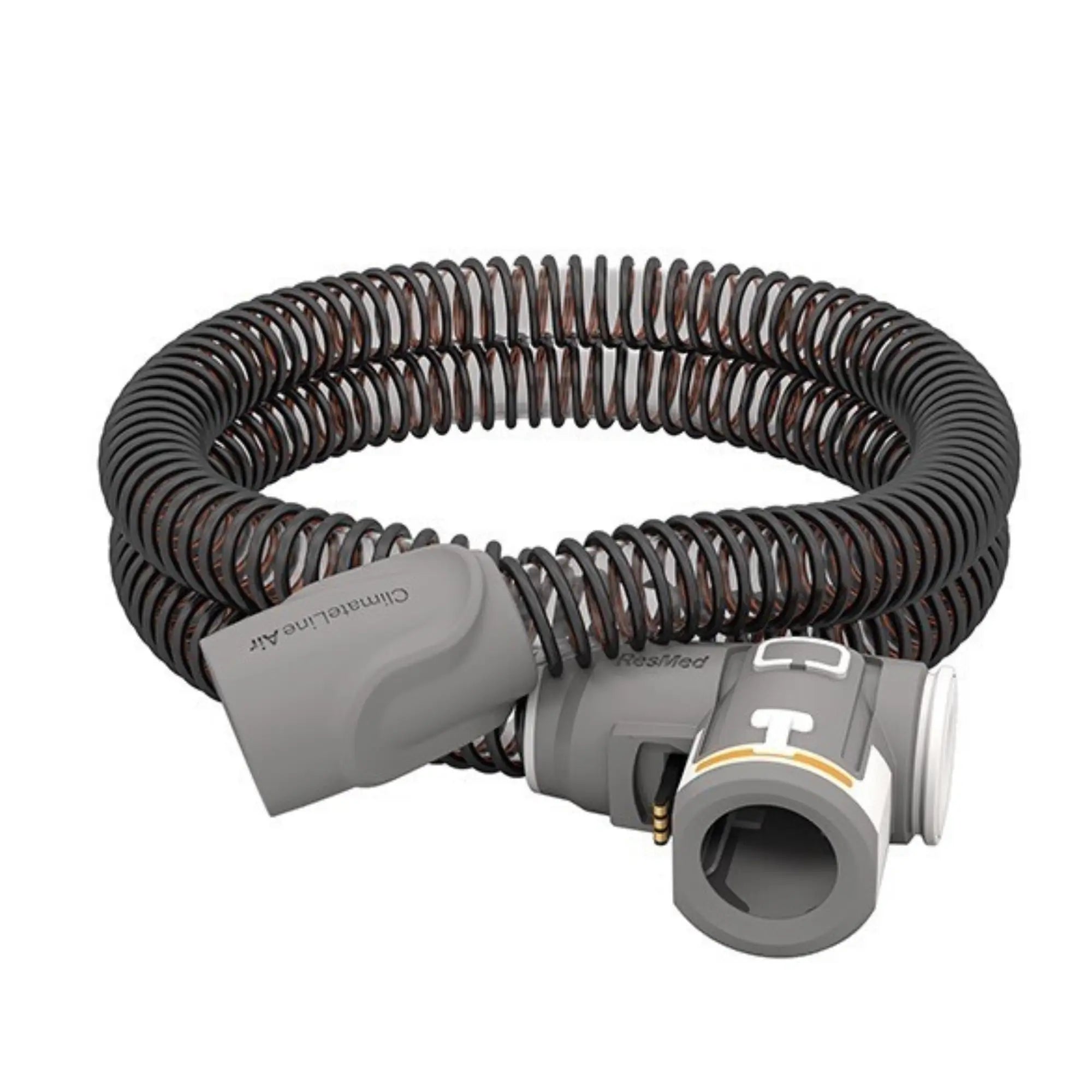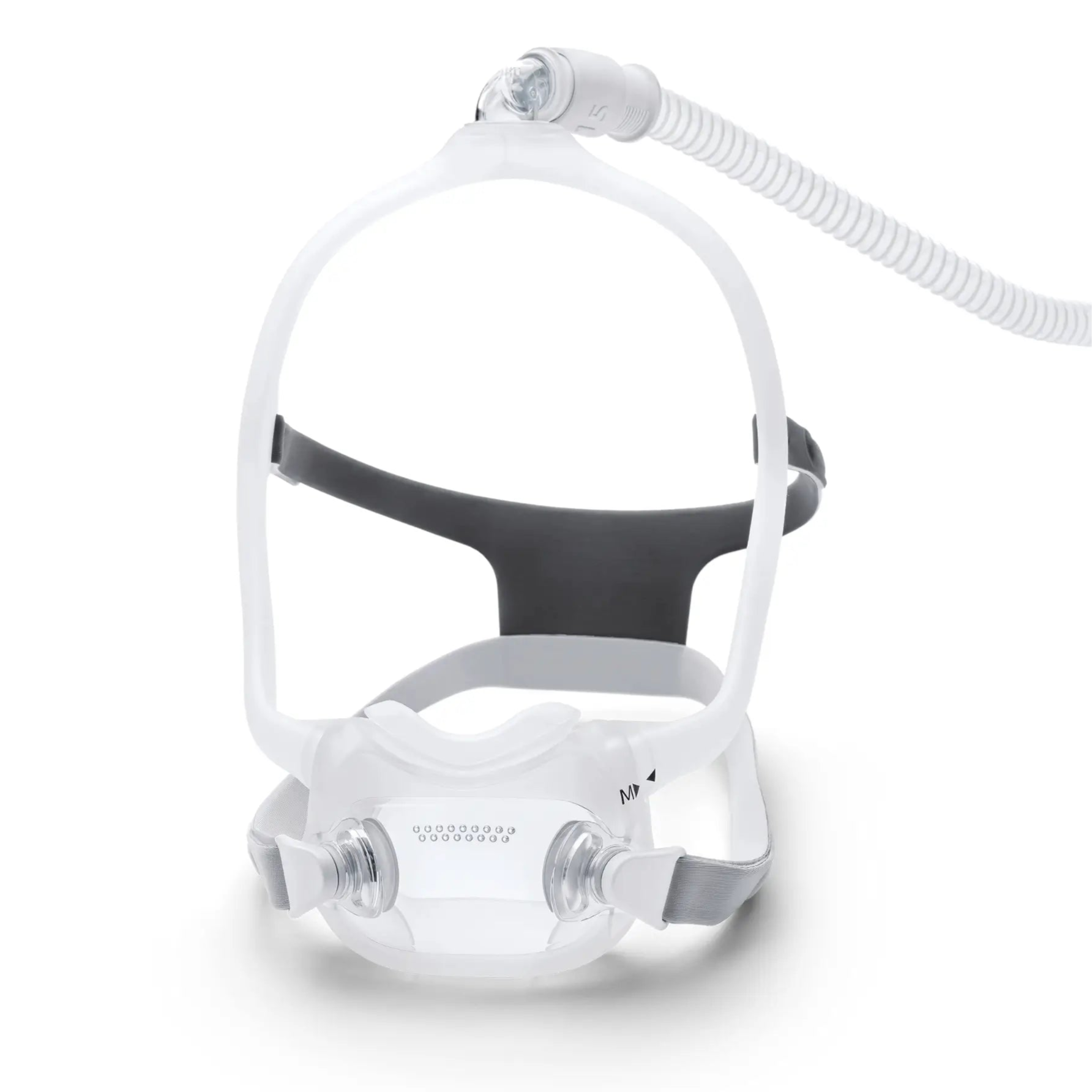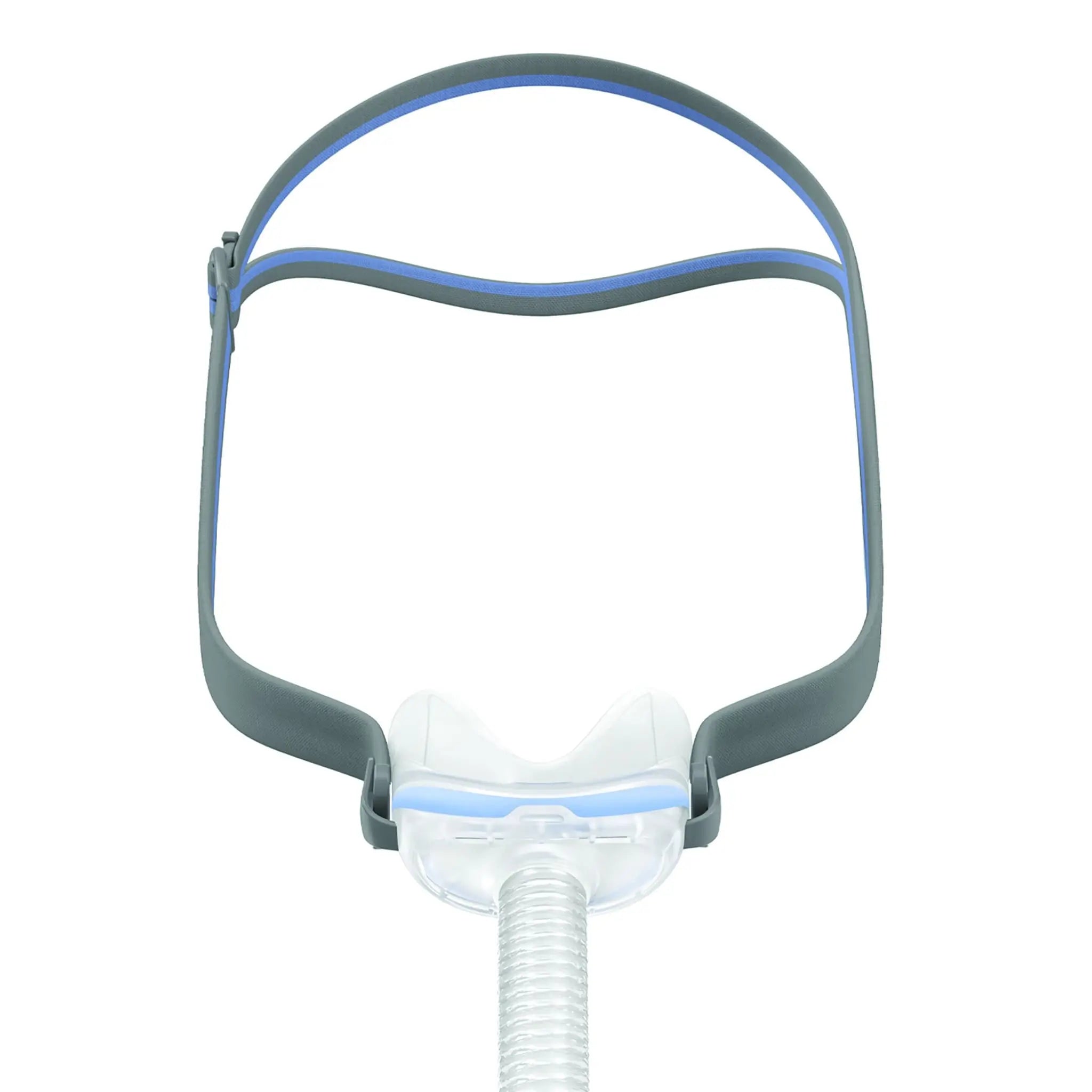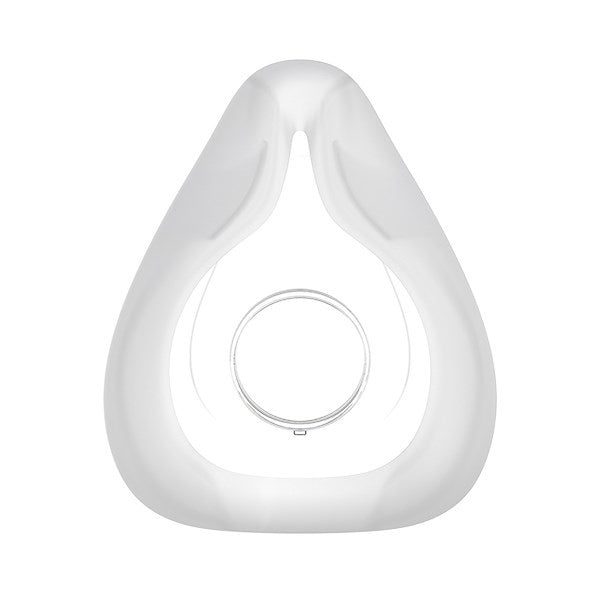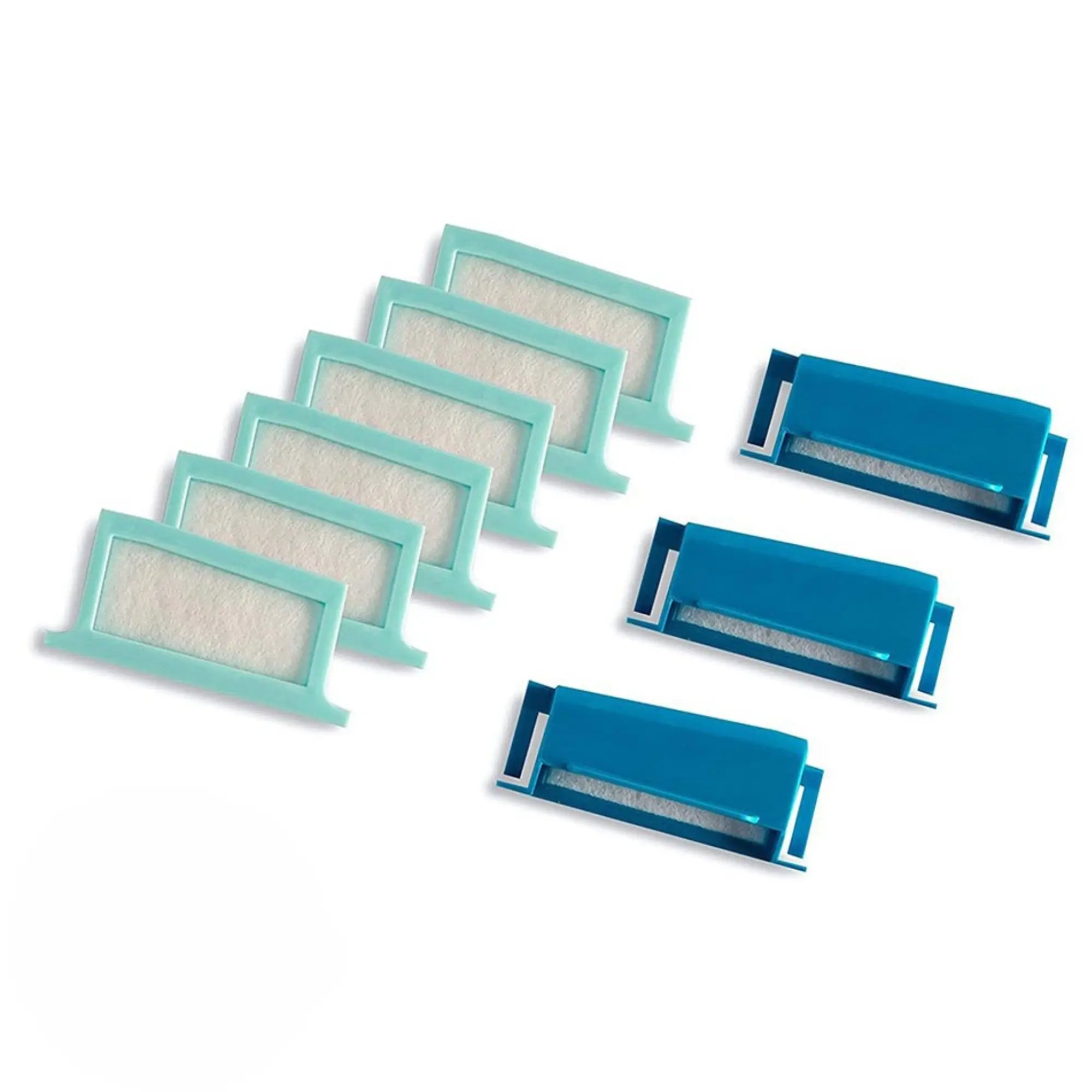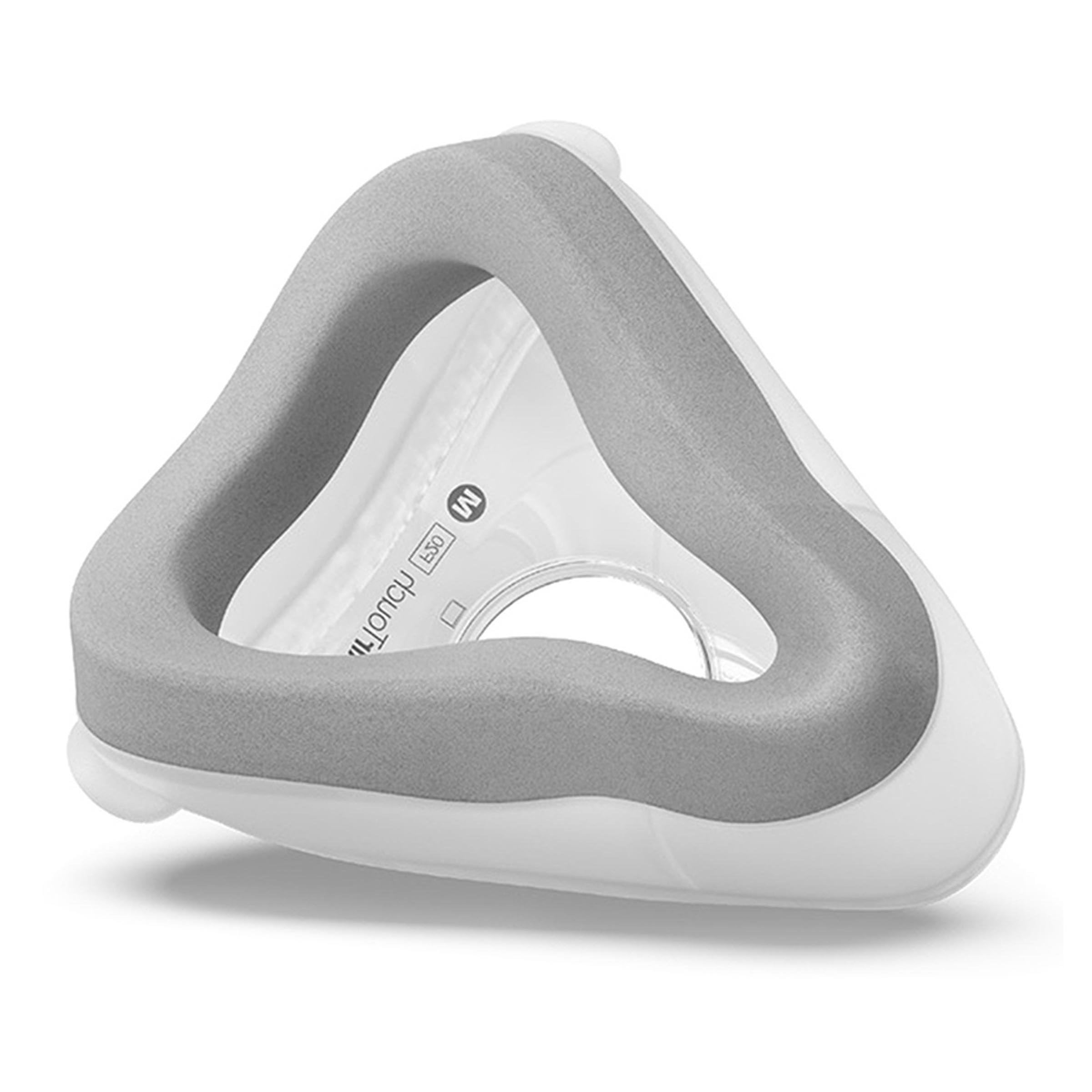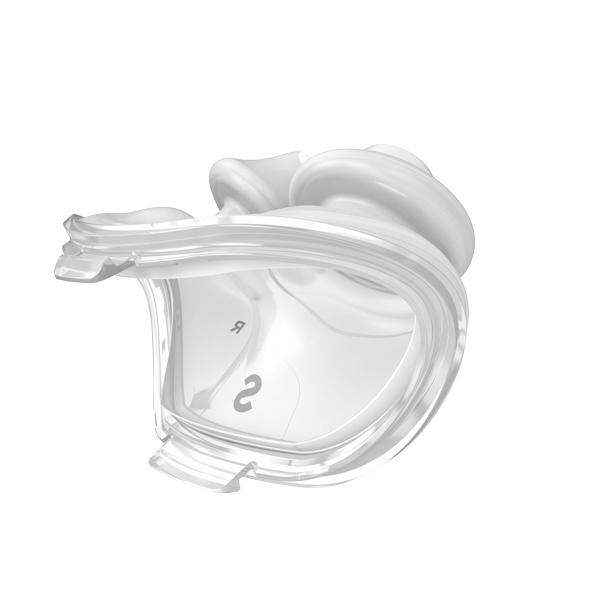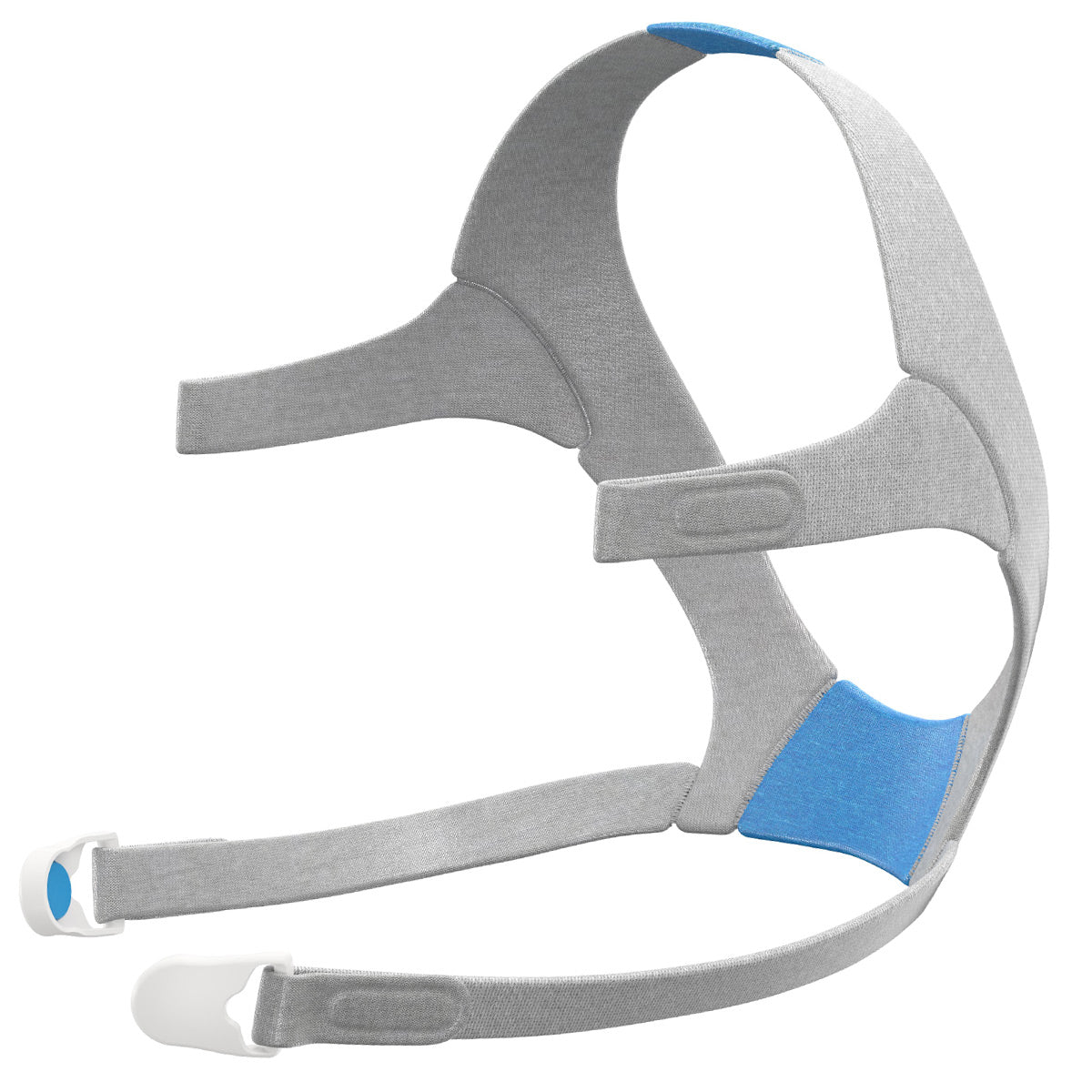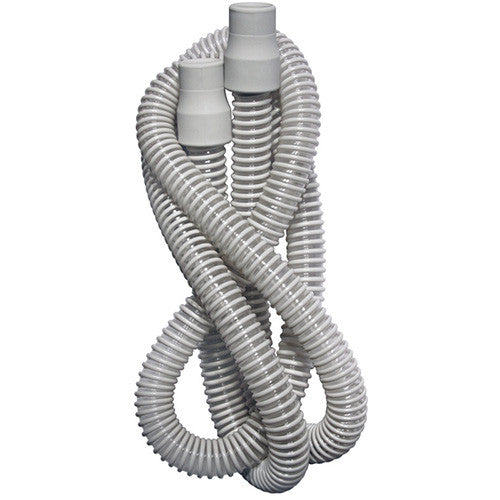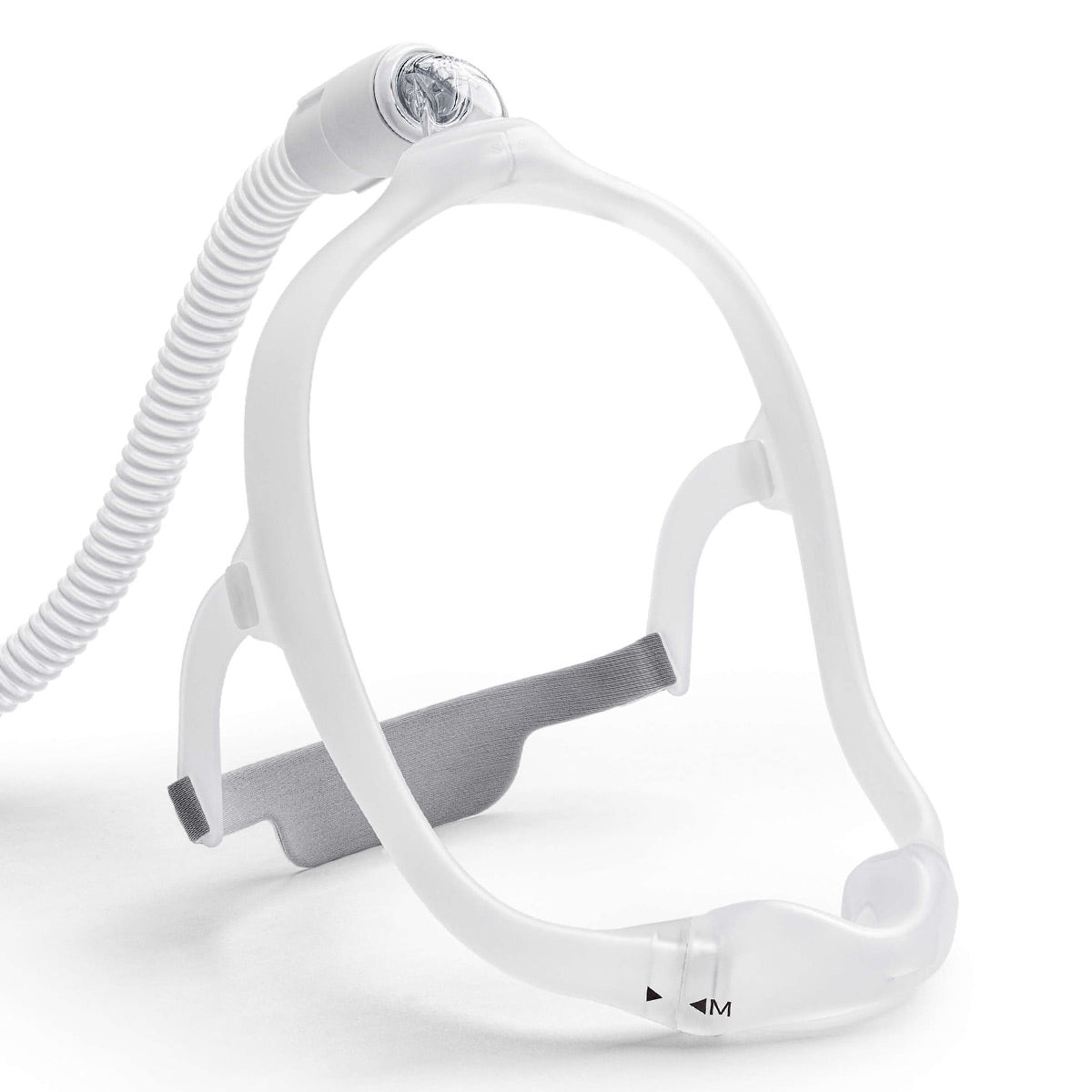Apply
Filter
All Collections
- CPAP Machines (21)
- CPAP Masks (85)
- Home Sleep Tests (2)
- CPAP Supplies (151)
- CPAP Mask Parts (189)
- CPAP Machine Bundles (90)
- CPAP Cleaning Supplies (37)
- CPAP Comfort Accessories (61)
- CPAP Alternatives (15)
- Anti Snoring Devices (7)
- Power Solutions (68)
- Sleep Health (43)
- Oxygen Therapy (52)
- Nebulizers (46)
- Maternity & Feeding (7)
CPAP Machines
CPAP Cleaning
Machine Bundles
CPAP Masks
- Full Face CPAP Masks(27)
- Nasal CPAP Masks(30)
- Nasal Pillow Masks(14)
- Fit Packs(19)
- Mask Bundles(22)
CPAP Supplies
- CPAP Hoses & Tubing(47)
- CPAP Humidifiers(33)
- CPAP Filters(44)
- CPAP Distilled Water(5)
Replacement Parts
- Cushions & Pillows(63)
- CPAP Frames(54)
- Headgear Clips(5)
- Headgears(55)
- Mask Elbows(7)
CPAP Alternatives
Snoring Solutions
- Positional Therapy(2)
- Mouth Tape(6)
Power Solutions
- CPAP Batteries(21)
- Power Cords(46)
CPAP Comfort
- CPAP Chinstrap(6)
- CPAP Covers for Tubing & Masks(13)
- CPAP Pillows(14)
- CPAP Mask Liners(14)
- CPAP Furniture(1)
Sleep Health
- Bedding(3)
- Health Tracker(13)
- Skin Care(2)
- Sleep Coaching(2)
Nebulizers
Oxygen Therapy
Brands
- ResMed(255)
- Fisher & Paykel(85)
- Philips Respironics(68)
- Inogen(20)
- AG Industries(4)
- AirAvant Medical(4)
- Airway Management(8)
- Apex Medical(3)
- Battery Power Solutions(1)
- Best In Rest(5)
- Bleep(5)
- Breas(23)
- Bucky(1)
- Circadiance(6)
- Contour(9)
- CPAPology(3)
- Cubitt(4)
- Drive DeVilbiss(17)
- Dynarex(6)
- EnduriMed(1)
- Graham Field(5)
- Lake Industries(1)
- Liviliti Health Products(4)
- Medistrom(17)
- Monaghan(12)
- Motif Medical(7)
- NozeSeal(1)
- Oten Medical(1)
- Owlet(1)
- Pad A Cheek(11)
- Pari Medical(8)
- PN Medical(6)
- Portable Outlet(2)
- Purdoux(10)
- RemZzzs(2)
- Resvent(2)
- Roscoe Medical(1)
- Salter Labs(1)
- Signifier Medical Technologies(2)
- Silent Night(4)
- SleepHQ(2)
- Sleeplay(4)
- Sleepnet(4)
- SleepRes(1)
- Snugell(39)
- Snugz(2)
- SoClean(2)
- Sound Sleep Skin(2)
- Sunset Healthcare Solutions(27)
- Virtuclean(1)
- Virtuox(1)
- Western Medical Inc(13)
- Williamson Industries LLC(1)
- ZephAir(1)
- Zopec Medical(9)
- ZZZ Cleaner(2)
- Drive Medical(2)
- Transcend(30)
- cpaphero(6)
- Oxlife(3)
- CSpring(9)
- Rhythm Healthcare(2)
- Zoll Itamar(1)
- React 3B(49)
- Easy Form Pro(2)
- OxyGo(1)
- SmartGuard RX(1)
- C-PAP FURNITURE(1)
- BRYGGS Medical(1)
- Sleepably(1)
- Sleep Reset(1)
- WellWell(6)
- Spirit(1)
- RemSleep(2)
- Mulberry(4)
- Embr Labs(1)
- MedCline(4)
- NeilMed(5)
- re:do(0)
- Lasadservices(1)
- Baloo Living(2)
- SnoreLessNow(1)
- Ozlo(1)
- Zima Dental(1)
- TheTouchPoint Solution™(3)
- Momentous(3)
Price
$
$
$0
$4,800.00
Features
- Beard Friendly(7)
- CPAP for Her(14)
- Minimalist(26)
- Mouth Breathing(23)
- Side Sleeper(13)
- TV Friendly(27)










